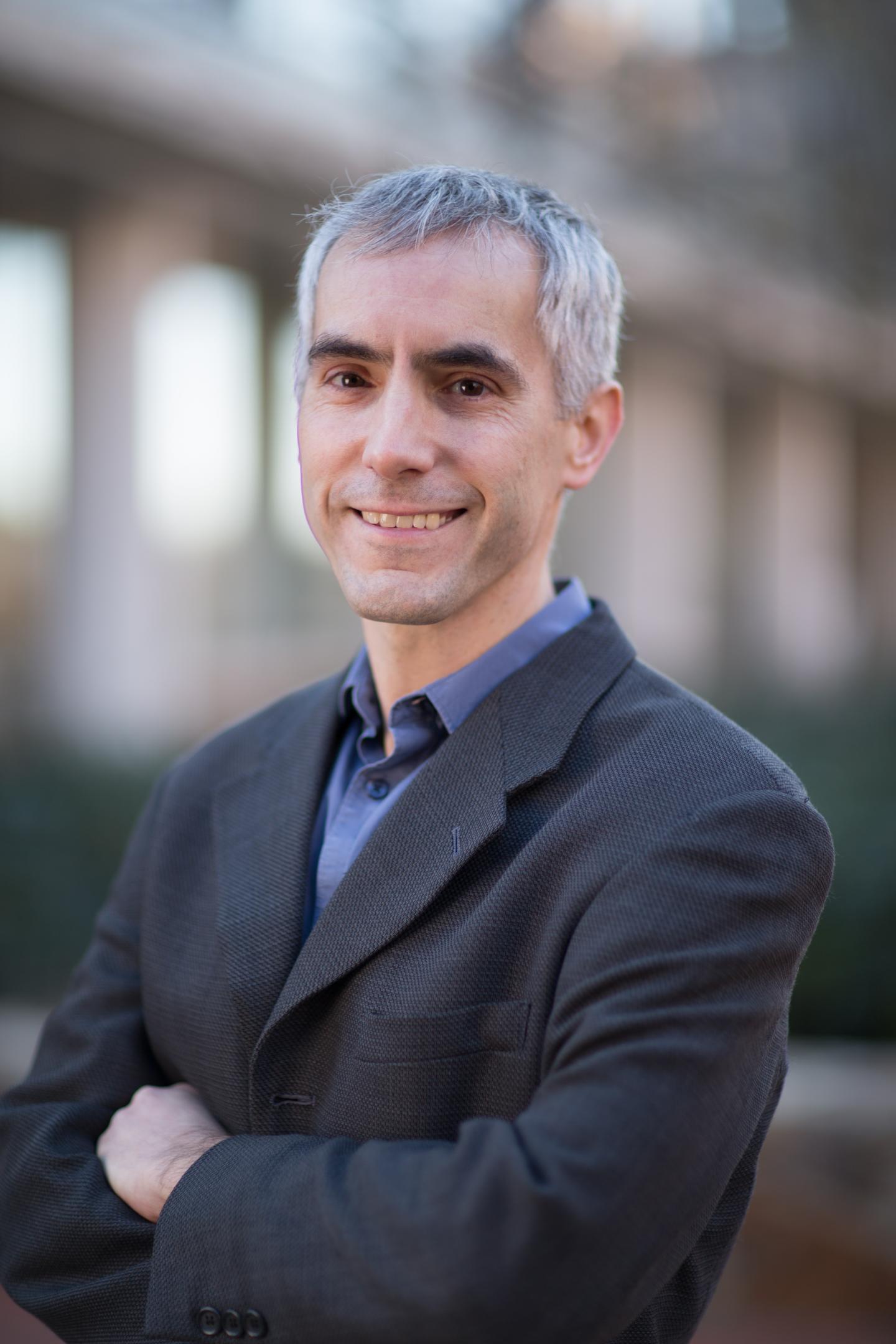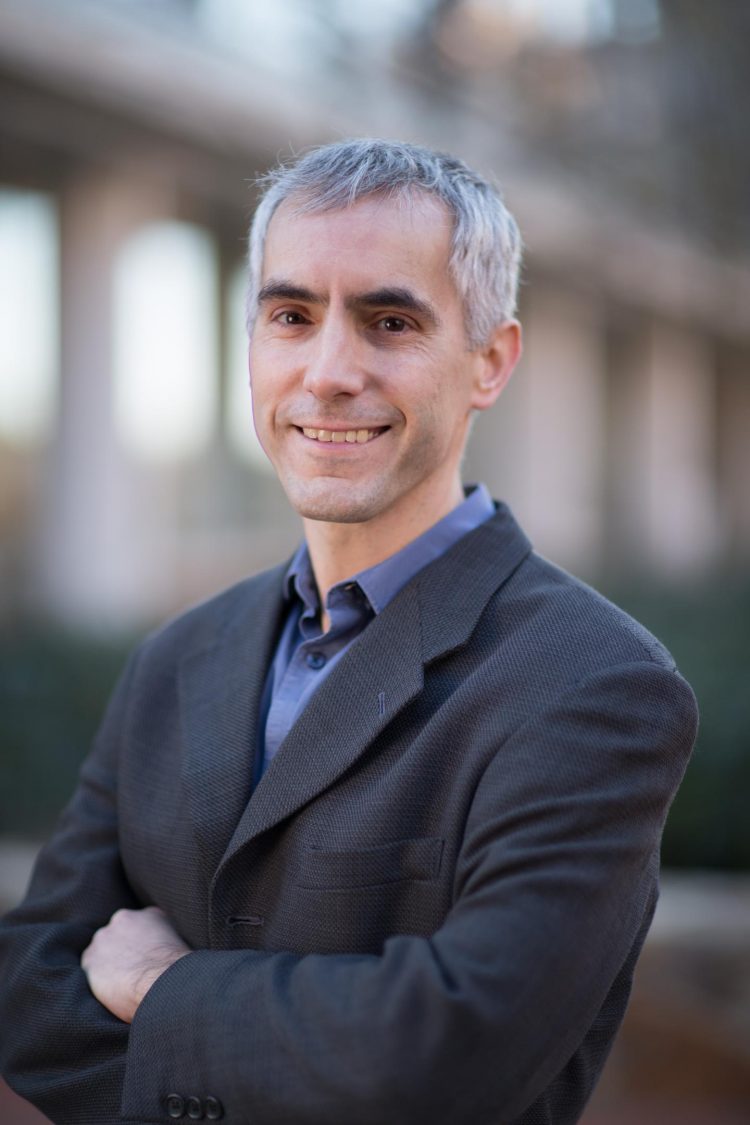Mark Zylka, Ph.D., of the UNC Neuroscience Center, was awarded two 5-year grants totaling $6.1 million to create new knowledge and advance treatments for neurodevelopmental disorders, including Angelman syndrome and autism

Credit: UNC School of Medicine
The National Institutes of Health have awarded two separate grants totaling $6.1 million to Mark Zylka, PhD, director of the UNC Neuroscience Center. One of the grants was co-awarded to Ben Philpot, PhD, associate director of the center at the UNC School of Medicine.
One of these projects will test a CRISPR/Cas9-based gene therapy for Angelman syndrome in mice and human neurons. Zylka is the principal investigator for this project, which is funded by a $2.8-million grant from the National Institute of Neurological Disorders and Stroke.
When the maternal copy of the gene UBE3A does not work properly, the result is Angelman Syndrome. The paternal copy is normally turned off, or silenced, but has the potential to serve as a backup for the faulty maternal copy. Zylka’s lab is using gene editing to unsilence the dormant paternal copy of UBE3A.
“There is currently no effective treatment or cure for Angelman syndrome,” said Zylka, the W.R. Kenan Distinguished Professor of Cell Biology and Physiology. “Our research will provide the first preclinical evidence that CRISPR/Cas9 can be used to enduringly ‘unsilence’ the paternal UBE3A gene in mice and ‘unsilence’ paternal UBE3A in cultured human neurons. This new knowledge has the potential to advance a first-of-its kind treatment for a pediatric-onset autism spectrum disorder.”
The second grant builds on research published in Cell by the Zylka lab, and seeks to better understand how a genetic mutation in UBE3A contributes to certain characteristics of autism. Zylka and Ben Philpot, PhD, Kenan Distinguished Professor of Cell Biology and Physiology, are co-principal investigators for this project, which is funded by a $3.3-million grant from the National Institute of Mental Health.
“Our research will evaluate the extent to which UBE3A gain-of-function contributes to progenitor cell proliferation, proteasome dysfunction, and other autism-related phenotypes. This new knowledge could point towards a new therapeutic strategy for autism – one based on rebalancing UBE3A and proteasome function in the developing brain,” Zylka said.
Zylka was initially awarded financial support through the Angelman Syndrome Foundation for proof-of-principle studies with CRISPR/Cas9. And earlier this year, the Zylka lab was awarded $6.8 million to investigate interactions between genetics and environmental exposures that may contribute to neurodevelopmental disorders such as autism and attention deficit disorder.
###
Media Contact
Mark Derewicz
[email protected]
Original Source
http://news.





